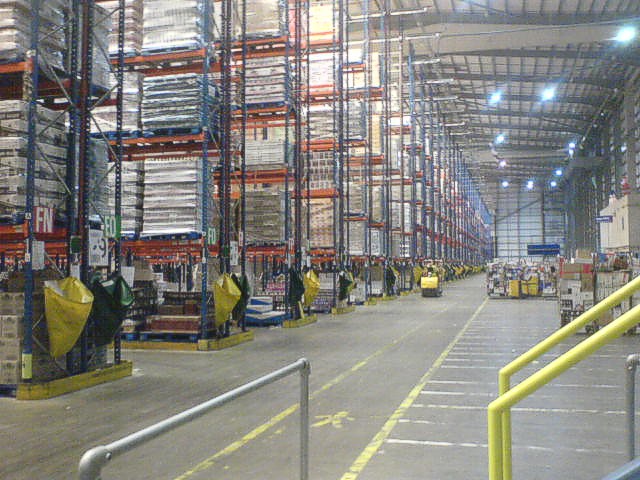In today’s fast-paced business landscape, selecting the right suppliers can make all the difference in the success and sustainability of your enterprise. A strong supplier network ensures a seamless flow of resources, materials, and services, enabling your business to deliver quality products and services to your customers on time. In this article, we’ll delve into the essential considerations for choosing the right suppliers that align with your business goals and values.
Define Your Requirements
Before embarking on the supplier selection process, it’s crucial to define your specific requirements. Determine the type and quantity of materials or services you need, the quality standards you expect, and the timeline within which these resources must be delivered. This clarity will serve as the foundation for your supplier evaluation criteria and ensure that you’re seeking partners who can meet your business’s unique needs.
Assess Supplier Reliability
Reliability is paramount when it comes to suppliers. Research and gather information about potential suppliers’ track records in terms of meeting deadlines, maintaining consistent quality, and resolving issues promptly. Consider requesting references from other businesses that have worked with the suppliers, and don’t hesitate to ask about any challenges they’ve faced and how the suppliers handled them. A reliable supplier will not only contribute to your business’s smooth operations but also minimize disruptions and potential delays.
Quality Assurance
Quality control is non-negotiable, especially if your business produces goods that rely on specific raw materials or components. Inspect potential suppliers’ quality assurance processes and certifications to ensure they adhere to industry standards. Depending on your industry, certifications such as ISO 9001 (quality management) or ISO 14001 (environmental management) may be crucial indicators of a supplier’s commitment to excellence.
Cost and Value
While cost is a significant factor, it’s essential to consider the overall value that a supplier can bring to your business. A lower-cost supplier may not necessarily be the best choice if they compromise on quality or reliability. Evaluate the total cost of ownership, which includes not only the initial price but also factors like shipping, handling, maintenance, and potential rework. Strive to strike a balance between cost and value to ensure a sustainable and mutually beneficial partnership.
Supplier Financial Stability
A supplier’s financial health directly impacts their ability to fulfill your orders consistently. Conduct a financial analysis or request financial statements to gauge their stability. A financially stable supplier is more likely to invest in equipment, technology, and processes that contribute to the long-term success of your partnership. Unforeseen financial instability on the part of your supplier could lead to disruptions in your supply chain, potentially affecting your ability to meet customer demands.
Communication and Collaboration
Effective communication is the cornerstone of successful supplier relationships. Choose suppliers who demonstrate clear and open communication from the outset. Timely and transparent communication is crucial for addressing any potential issues, changes in orders, or shifts in demand. Look for suppliers who are willing to collaborate, share insights, and work with you to optimize processes and identify opportunities for mutual growth.

Ethical and Sustainable Practices
In an era where ethical and sustainable practices are increasingly important to consumers and investors alike, partnering with suppliers who share your values can enhance your brand’s reputation. Conduct due diligence on potential suppliers to ensure they adhere to ethical labor practices, environmental regulations, and responsible sourcing. A commitment to sustainability not only aligns with your business’s values but also mitigates risks associated with negative public perception.
Scalability and Flexibility
As your business grows and evolves, your supplier’s capabilities should ideally align with your changing needs. Assess the supplier’s scalability and flexibility in terms of production capacity, lead times, and ability to accommodate fluctuations in demand. A supplier that can scale with your business ensures a more seamless transition during periods of growth and prevents potential bottlenecks. Feel free to visit Techbusinesstown to find additional tips about selecting the right suppliers.
Conclusion
Selecting the right suppliers for your business is a critical decision that can significantly impact your bottom line and overall success. By carefully considering factors such as reliability, quality assurance, cost and value, financial stability, communication, ethical practices, and scalability, you can establish a strong supplier network that supports your business’s growth and sustainability. A well-chosen supplier becomes more than just a vendor; they become a strategic partner invested in your mutual success. So, take the time to research, evaluate, and choose suppliers that align with your business’s goals, values, and long-term vision.










